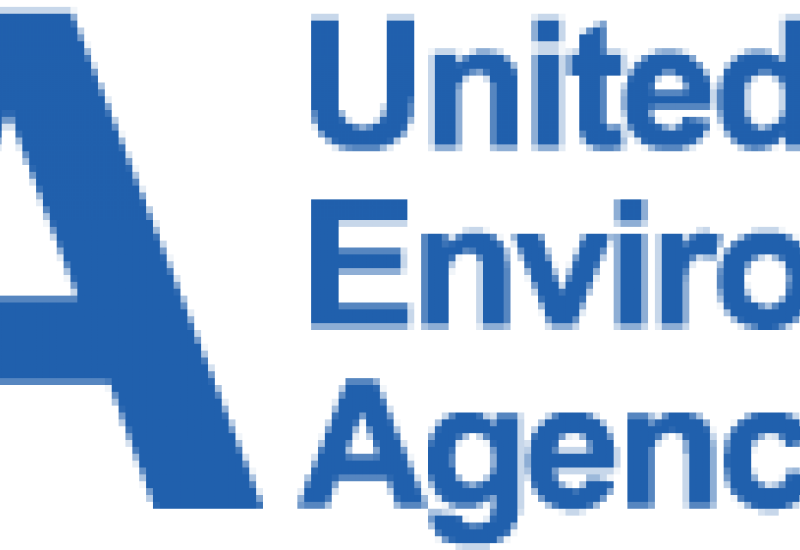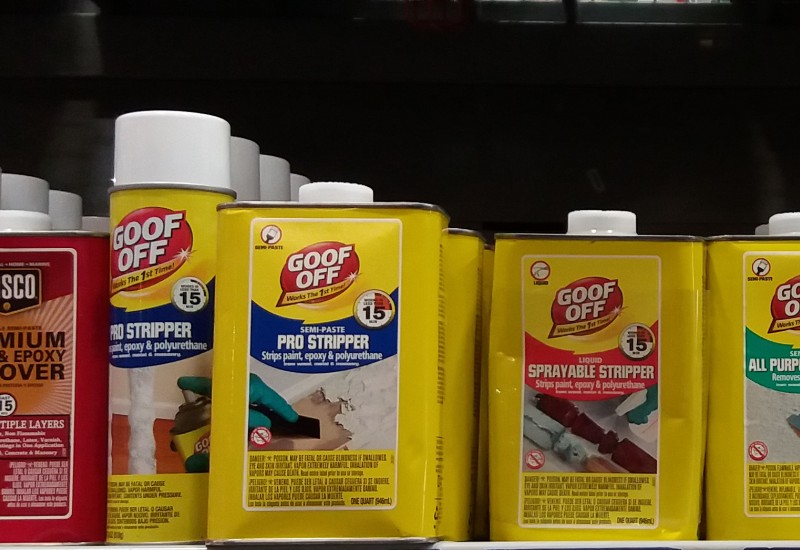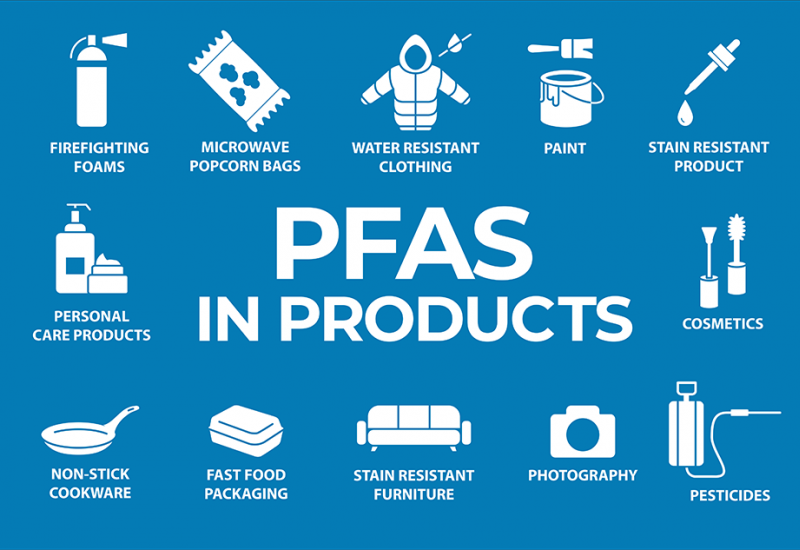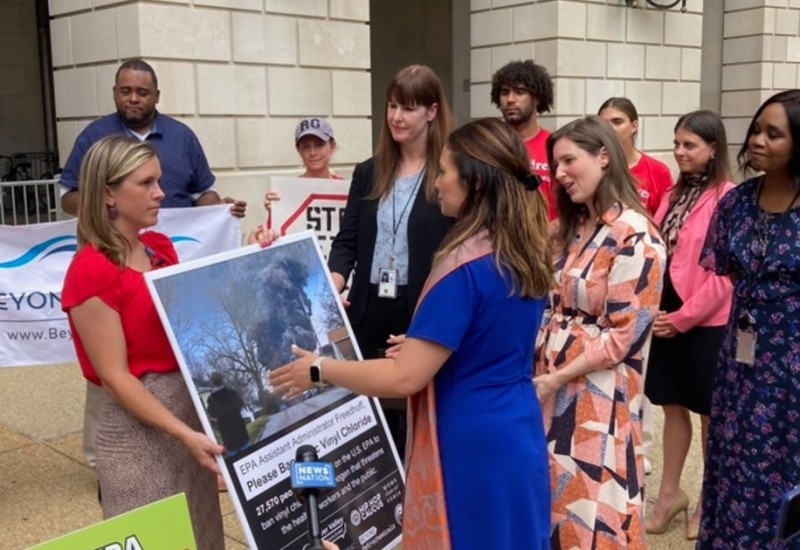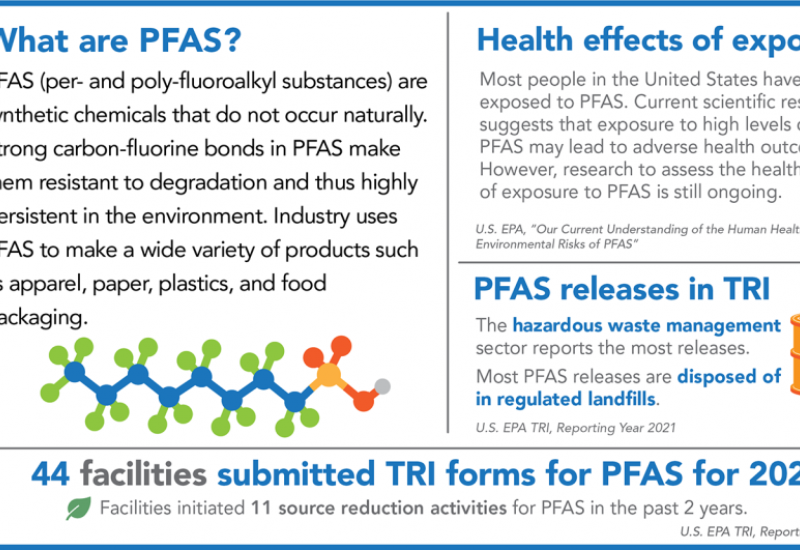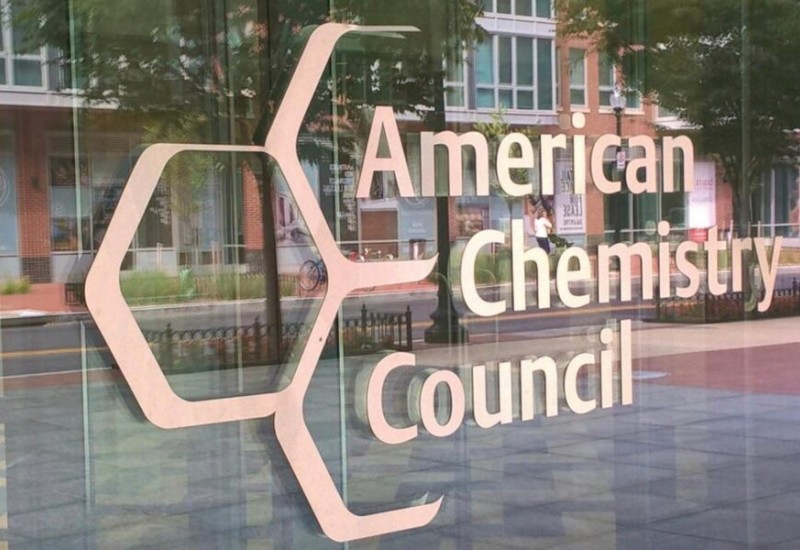SOCMA reveals with list
SOCMA, the trade association of the US speciality chemical manufacturing industry, has published an open letter to the pending Trump administration, urging it to “prioritise policies that encourage advancement, streamline regulatory processes and incentivise domestic manufacturing”. In particular, it asked the administration to
* Streamline the EPA’s New Chemicals Review Process to unlock new chemistries
* Open tariff exclusion processes for inputs and raw materials not available in the US



